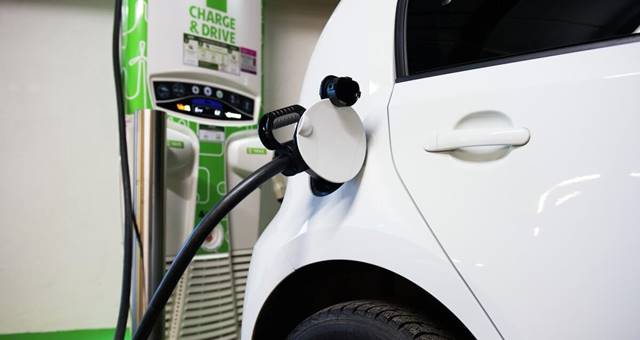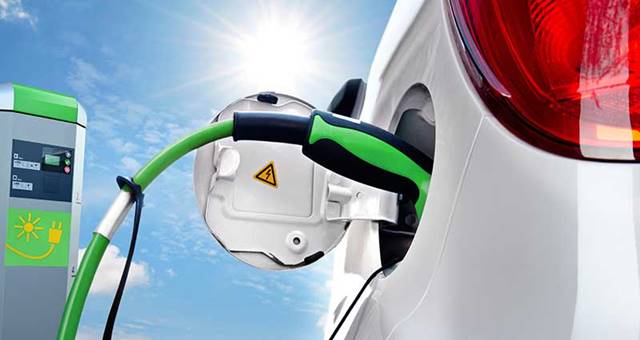The world’s car manufacturers can see the writing on the wall for traditional fossil fuels and global oil reserves. Cleaner, more efficient and cheaper fuels are fast becoming the norm, if they aren’t already. Millions of dollars are spent each year on research and refinement and the cars of the future will be leaner, cleaner and greener.
The Australian Government is taking notice of this gradual, yet global shift towards more environmentally friendly vehicles. While in 2019, only a few thousand electric vehicles (EVs) were sold, this number was still triple that of the year before. In 2020, changes to the Specialist and Enthusiast Vehicle Scheme (SEVS) are making it much easier for electric vehicle manufacturers to import and sell in Australia on the basis that the vehicles make a superior environmental difference to others currently available.
Australia is currently the undisputed global leader in lithium production, with an output each year of 40,000 metric tonnes – more than twice that of its nearest competitor in Chile. Lithium-ion batteries are the most commonly used batteries for electric vehicles due to its high energy density measured against weight. Currently, most of Australia’s lithium volumes are exported to China due to its high uptake of electric vehicles.
The EV market is forecasted to be worth USD$567 billion annually by 2025, while improvements in battery life and charger accessibility are leading to a rise in enquiries and sales. And according to a survey by the Electric Vehicle Council, conducted with NRMA, RACV and RAA, nearly 60% of Australian consumers said they would consider an electric car as their next vehicle. In 2019, out of 2.1 million sold worldwide, the Tesla Model 3 was the most popular EV, with 300,000 driven away.

With consumer demand rising, the availability of charging stations will play an ever-greater role in where these customers go, especially on their holidays. This means that for hotels, a charging outlet is no longer a ‘nice to have’. It’s a ‘must have’.
Wayne Eather from Resolve Technical Solutions says that already, it’s very likely that purchasing decisions on hotels will be influenced highly by the availability of an electric car charging unit.
“If the hotel doesn’t have EV charge facilities, the customer will simply look for a hotel that does – it’s very black & white,” he said.
“As things come back to normal, business travellers will also be looking to stay at a hotel and charge their car overnight – [this] also applies to leisure travellers.
A number of questions must be asked among hotel management and owners as to how to address this current and future trend. How many parking stations should be fitted with chargers? Where should they be located? Should this be charged as extra or offered as a service? And indeed, how much does the existing power supply allow for a charging station? Companies such as Resolve offer free site audits as part of their service, so many of these questions can be answered easily after a quick visit from an expert.
“Some hotels are getting by with just one charger but they are aware they will need to install additional units in time as the demand grows,” Eather says. “Some of the larger hotels have 2 or 3 chargers.”
If you think significant levels of construction and remodelling are needed in order to install an EV charger, think again. While exact specifications are dependent on variable factors including how many units a hotel might want and where the existing power supply is located, installation times can vary from as little as four hours up to a couple of days.
As demand and sales of electric vehicles continues to grow, the need for supporting infrastructure will follow. Get onboard with the era of electric mobility.


